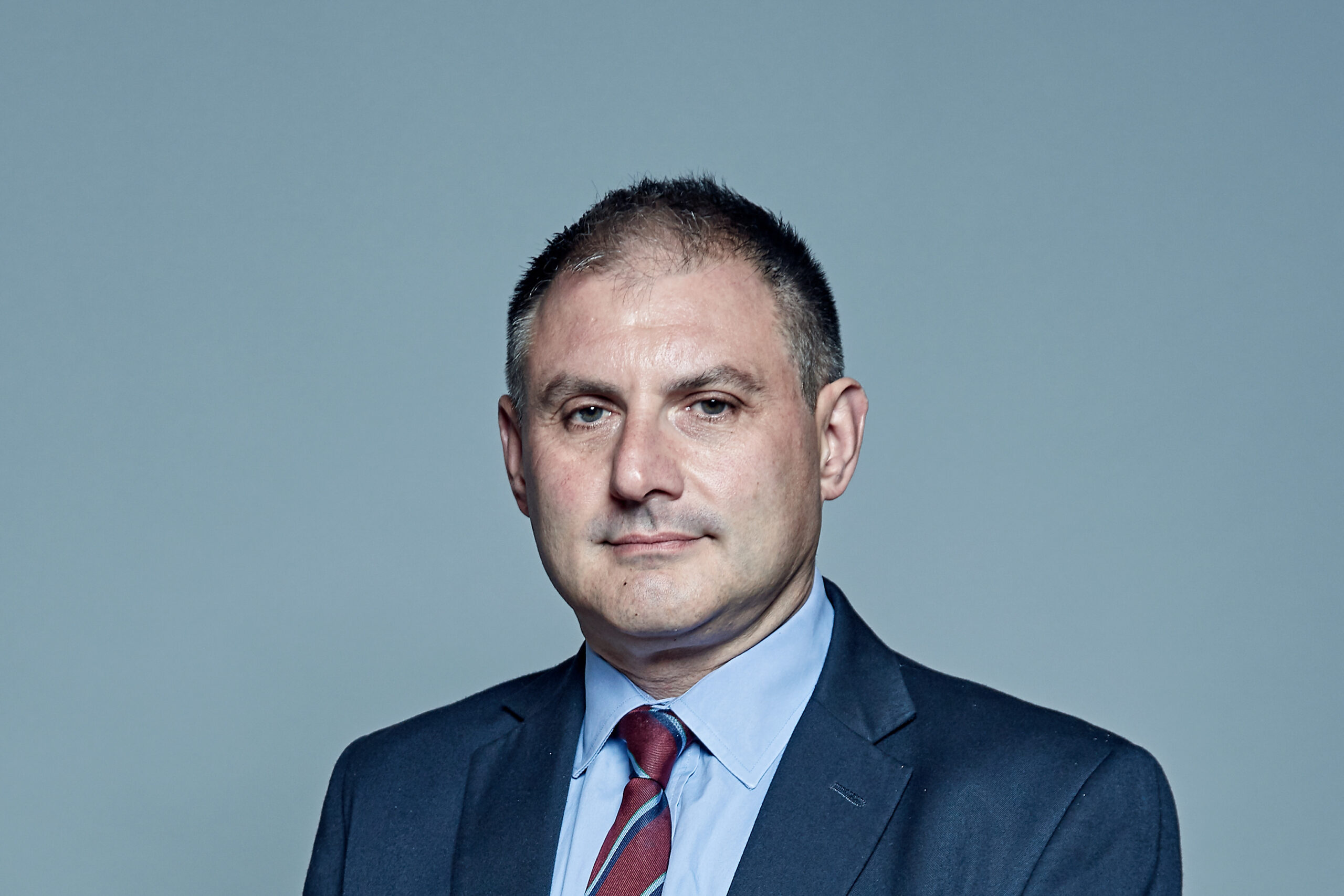The relationship between Iraqi Kurdistanis and the UK, people and governments, goes back many decades but has emerged as a more enduring and vital alliance in the last third of a century and for great mutual benefit. Before that Kurdistanis, as they prefer to be called, were long demonized in Iraq as second class citizens. This developed into genocide in the 1980s, formally recognised by the Commons on the 25th anniversary of its tragic symbol.
This was the gassing in 1988 by Saddam Hussein’s air force of the town of Halabja with the instant death of 5,000 people and many maimed for life. Overall, nearly 200,000 people were murdered in a systematic genocide that also razed thousands of villages, the backbone of its rural economy. Many Kurdistanis were exiled here before returning. That drives a great affinity with the UK and the widespread use of English, sometimes in Sarf London accents.
That living link was boosted when Saddam, defeated in Kuwait in 1991, turned on the Kurdistanis with genocidal intent. They revolted and about two million fled to the freezing mountains to escape Saddam’s revenge. I am immensely proud that Sir John Major developed a clear-headed and innovative solution to establish, with America and France, a no-fly zone.
The safe haven averted further genocide and ushered in an autonomous region. Kurdistanis elected a parliament in 1992 and, despite harsh Iraqi and UN sanctions, laid the basis of a new society that, for instance, bettered Saddam’s Iraq in infant mortality. Sadly, civil war marred this fresh start.
Iraqi Kurdistan won a greater place in our foreign policy, which was a great advantage when Iraq was liberated in 2003. Kurdistani leaders stabilised the new Iraq with peaceful elections and a landmark constitution in 2005 based on federalism and rights for the officially recognised autonomous region.
Kurdistan enjoyed a golden decade in which new oil – long denied by Saddam – boosted living standards and infrastructure in “the Other Iraq.” But there were flies in the ointment. Most important was Baghdad’s refusal to implement a settlement by 2007 in which the people of Kirkuk and other disputed territories could join Iraq or the autonomous region. This is unfinished business that requires greater UK and UN attention.
Worse was to come with the complete and unilateral suspension of budget payments from Baghdad to Erbil in early 2014. And the sudden seizure by Isis of Mosul in June 2014 and then attacking Kurdistan. The Kurdistanis took the brunt of the defence of Iraq, by saving Kirkuk and then, with the refreshed Iraqi Army and Coalition forces, helping liberate Mosul in 2017. I saw the Kurdistani Army, Peshmerga – those who defy death – in action in Kirkuk and in Mosul. The Peshmerga were valiant allies in fighting a foul fascism with RAF help. Kurdistani action reduced the threat on our streets.
In January, Iranian missiles killed Peshrawa Dizayee, whose skyscrapers in Erbil symbolise its ambition to emulate Dubai. His baby daughter was killed. Over two dozen were killed and injured. Iran is the main menace. Let us hope for regime change from below in Iran. It does not help that the PKK terror group is taking actions that kill Peshmerga, scupper good governance in key areas, and attract Turkish military action.
The UK supports a strong KRG within Iraq. Our excellent diplomatic mission has gone from strength to strength with senior appointments and more staff that make the mission bigger than for many sovereign countries. Our Army and others are seeking to professionalise and unify the Peshmerga so it is completely controlled by the KRG and not the two main political parties, a hangover from the civil war. A government monopoly over the military and security apparatus is essential.
The Diaspora is an asset as are Anglo/Kurdistani activities such as those of the Gulan charity on culture. Trade bodies have encouraged investment in areas where our companies can add niche value. The University of London is set to establish a campus in Erbil and join three universities that teach in English in a testament to the soft power of our language and higher education.
The crisis in relations with Baghdad is driving more determined reform. The KRG seeks to diversify its economy through more agriculture, tourism, and light industry. Visitors marvel at its vast plains, rivers, and mountains in the Iraqi breadbasket, plus vibrant cities.
Kurdistanis say they have no friends but the mountains. The APPG which I chair has sought to disprove that through 15 delegations with 50 parliamentarians and others. This is not just about solidarity but a hard-headed calculation of the allies we need and who share our values. Kurdistan could have sided with Iran but stuck with us in these dangerous times.
**Jack Lopresti MP is the Chairman of the APPG on the Kurdistan Region of Iraq**

